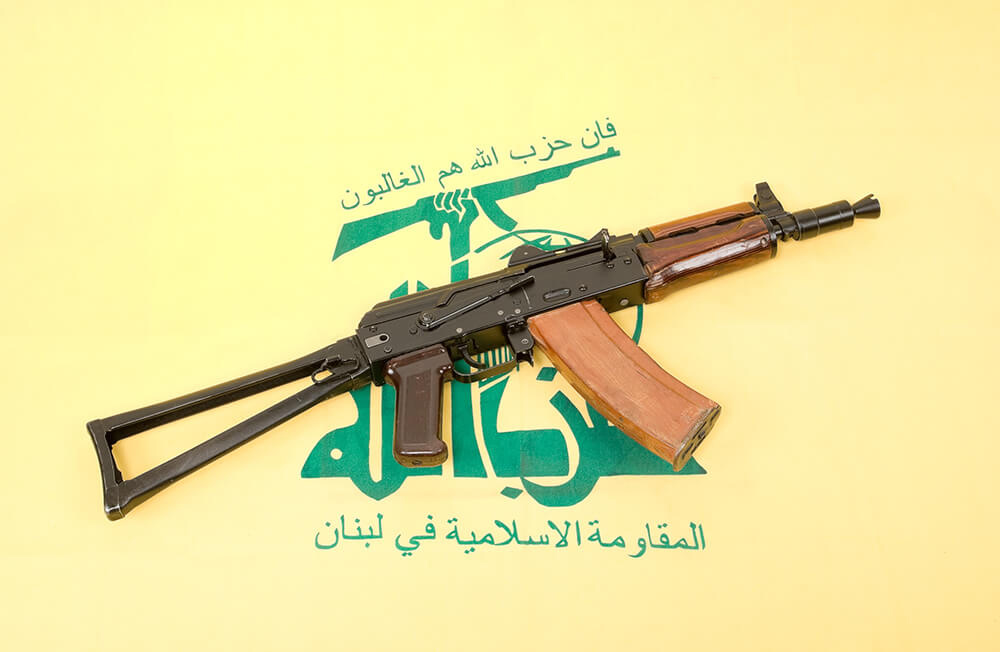Secretary of State Mike Pompeo on Friday praised Argentina for designating Hezballah as a terrorist organization in its entirety, emphasizing its military and financial wings. Meeting with Argentine President Mauricio Macri in Buenos Aires, Pompeo also reaffirmed U.S. support for Argentina’s economic reform agenda. They discussed cooperation on promoting human rights and democracy in the region, including in Venezuela, Cuba, and Nicaragua.
By: Fern Sidman
The two leaders committed to further expanding cooperation on a range of bilateral and global issues, including security, democracy, and trade and investment. Secretary Pompeo commended Argentina for its regional leadership in hosting the Western Hemisphere Counterterrorism Ministerial, and the two leaders pledged to continue cooperation to combat transnational crime and terrorism.
Pompeo said he was moved by the country’s touching tribute to the victims of Argentine Israelite Mutual Association (AMIA) bombing 25 years ago in a memorial service earlier in the day, according to an i24 News report.
“The memorial was a powerful prologue to today’s ministerial, a reminder that the hemisphere is not immune from the sting of foreign terror,” Pompeo said.
On July 18, 1994, a suicide driver blew up a van filled with explosives, destroying the headquarters of the Jewish community known as AMIA, killing 85 people and wounding more than 300.
The attack by Hezbollah, Pompeo said, was the reason why the Trump administration slapped sanctions against Salman Raouf Salman, the suspected “mastermind” and “on the ground coordinator” behind the AMIA bombing, with the US Treasury announcing a freeze of his assets and a $7 million reward for information on his location, according to the i24 News report.
No one ever claimed responsibility for the AMIA center attack. Argentina also blames Hezbollah for an attack on the Israeli embassy in Buenos Aires in 1992 that killed 29 people.
According to a Washington Post report, in an opening statement to the gathering of 18 nations in Argentina’s capital, Pompeo said that international terrorist groups such as al-Qaeda and the Islamic State “continue to seek a lasting presence in our hemisphere.”
“The roots of these terror groups may be many miles away, but their branches twist around the globe — raising funds, seeking recruits, probing for our weaknesses, challenging our defenses,” Pompeo said.
But “Iran-backed Hezbollah,” he said, is a particular threat in South America, where it has long maintained active fundraising and recruiting efforts in the tri-border area of Argentina, Paraguay and Brazil, and in Venezuela.





